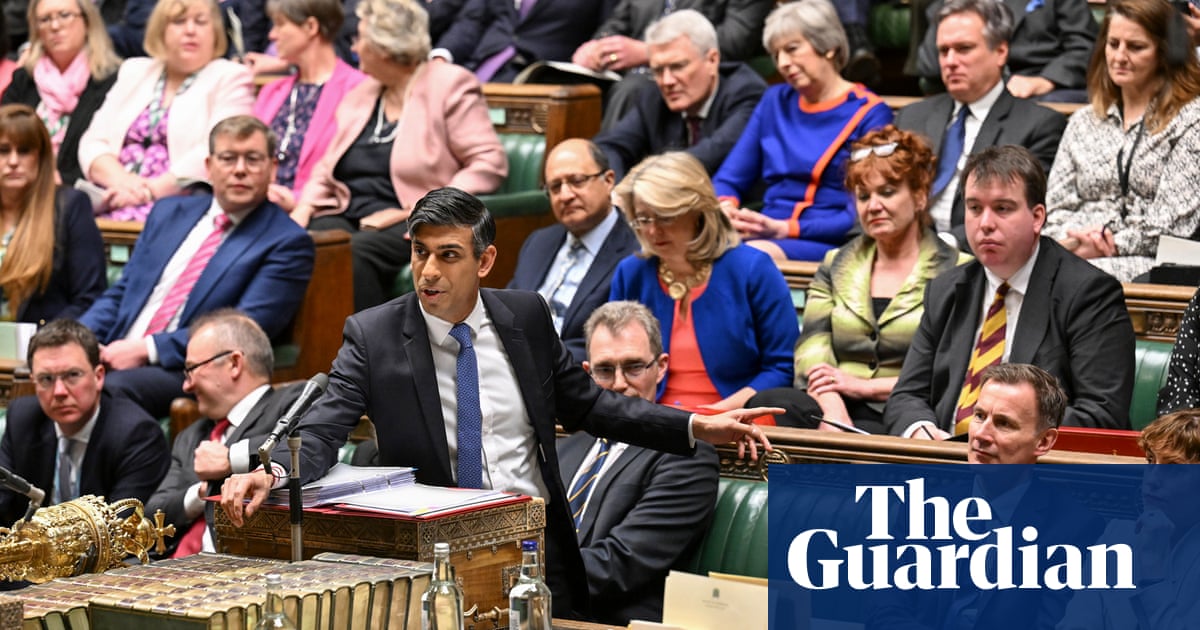
The audit office, which reviews government spending, said that all UK borders would face widespread disruption when Britain finally leaves the European Union’s orbit, whether or not it strikes a trade deal with the bloc.
“There is a risk that widespread disruption could ensue at a time when government and businesses continue to deal with the effects of COVID-19,” it said.
From Jan. 1, exporters will need to file customs and safety declarations, even if Britain does secure an agreement.
However, the NAO said ports now have little time to integrate or test their systems with the government’s yet-to-be launched IT services, and there are still not enough customs sites or customs brokers to help industry adapt.
One of the most challenging areas will be Northern Ireland which will require some goods arriving from the rest of the UK to be checked in order to protect trade with EU member, Ireland.
The NAO said the department responsible for animal and plant checks now believes the systems and infrastructure will not be ready in time. It is exploring contingency options.
The report added that the customs office has made good progress but says its work is “very high risk”. It is also looking for alternative options.
The plans for the sensitive province of Northern Ireland helped Britain secure a divorce deal with the EU, and Brussels has said that a full and timely implementation is crucial.
While the European Commission declined to comment on Friday’s report, two European diplomats said that while certain elements were clearly not going to be ready, the bloc could live with temporary arrangements that guarantee strong controls.
Other areas of concern include problems with preparing transit movements that enable goods to move across multiple EU borders with fewer checks, and the software that needs to cope with an expected 270 million customs declarations a year.
Meg Hillier, an opposition lawmaker who chairs parliament’s Committee of Public Accounts, said it was incredibly worrying that with two months to go, critical computer systems had not been tested and a key customs system needed to be rebuilt.
In its defence, the government says it has given 84 million pounds to train customs intermediaries, phased in paperwork demands for imports and boosted logistics for critical goods.
It also warns, however, that 7,000 trucks could be held in queues in Kent, southeast England, if traders are not ready. The Bank of England said on Thursday GDP was likely to suffer a 1% hit from the trade changes, even if a deal were secured.












